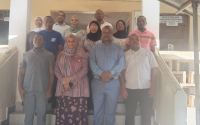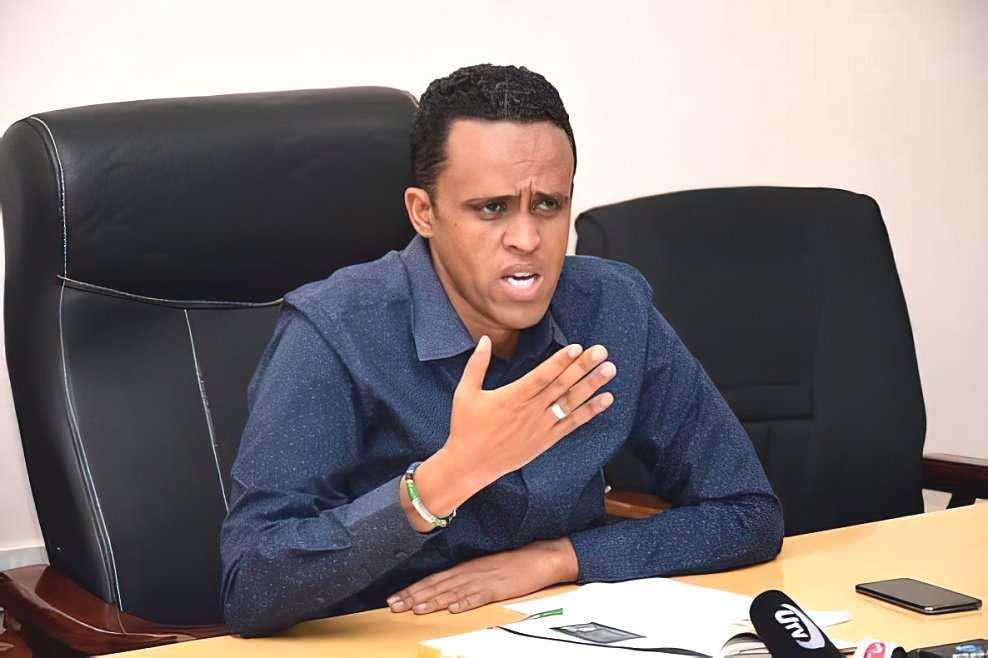Agriculture and World AIDS Day in East Africa: A Vital Connection
December 1, 2023
In East Africa, World AIDS Day, observed annually on December 1st, transcends mere commemoration. It is a day of profound significance, intertwining the threads of agriculture and HIV/AIDS in a tapestry of challenge and hope. Agriculture, the backbone of many East African economies, bears an intricate relationship with the HIV/AIDS epidemic, impacting and being impacted by it in multifaceted ways.
The HIV/AIDS crisis has left indelible marks on agricultural communities. Predominantly rural, these communities are the lifeblood of East African agriculture but also find themselves in the throes of the epidemic. The virus not only undermines the health of individuals but also impairs agricultural productivity. As farmers grapple with illness, the capacity to tend to crops and livestock dwindles, threatening food security and livelihoods.
However, within this intersection of agriculture and HIV/AIDS, there is a glimmer of transformative potential. Agricultural practices and knowledge are being leveraged in innovative ways to combat the spread and impact of HIV/AIDS. On this World AIDS Day, we spotlight these initiatives as beacons of resilience and hope.
- Disseminating HIV/AIDS Prevention Knowledge through Agricultural Networks
Agricultural extension workers, often the lifeline of rural farming communities, now carry an additional critical message: HIV/AIDS prevention. These workers are uniquely positioned to reach remote areas, offering vital information that can curb the spread of HIV and save countless lives. - Cultivating Nutrition for Immune Support
HIV/AIDS ravages the body’s defenses, rendering individuals more susceptible to infections. Addressing this, farmers are being trained to grow nutrient-rich produce such as fruits, vegetables, and legumes. These foods are not just sustenance; they are a natural arsenal boosting the immune systems of those living with HIV/AIDS. - Fostering Sustainable Income-Generating Activities
The debilitating effect of HIV/AIDS often erodes the ability to work, plunging affected individuals into financial distress. Supporting sustainable income-generating activities, like livestock rearing and small-scale agribusiness, provides a lifeline. These ventures offer not just economic stability but also a sense of purpose and dignity. - Bridging Healthcare and Agriculture
A novel approach being adopted involves agricultural extension workers facilitating access to healthcare services. By linking those living with HIV/AIDS to care and treatment services, these workers are instrumental in helping manage the condition, leading to longer, healthier lives.
This World AIDS Day, as we reflect on the intersection of agriculture and HIV/AIDS in East Africa, it is clear that agriculture is more than just a means to feed populations. It is a vital tool in the fight against HIV/AIDS, offering pathways to health, well-being, and resilience. In harnessing the power of agriculture, there is hope for a future where the burden of HIV/AIDS is significantly lightened, and communities thrive in health and prosperity.
KilimoKwanza.org – Empowering Agriculture, Empowering Lives.


